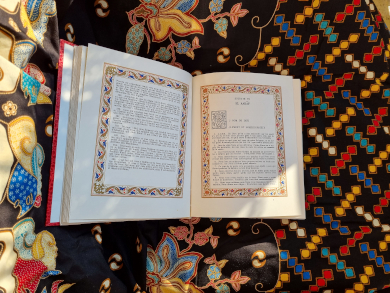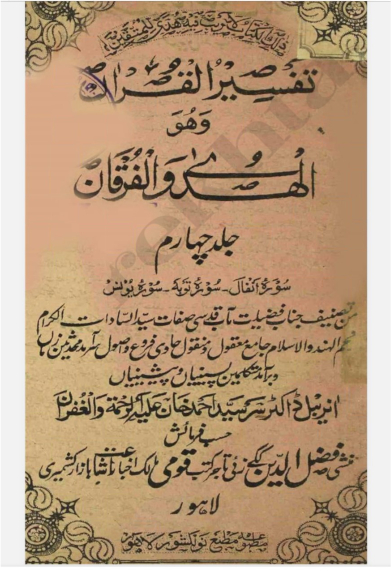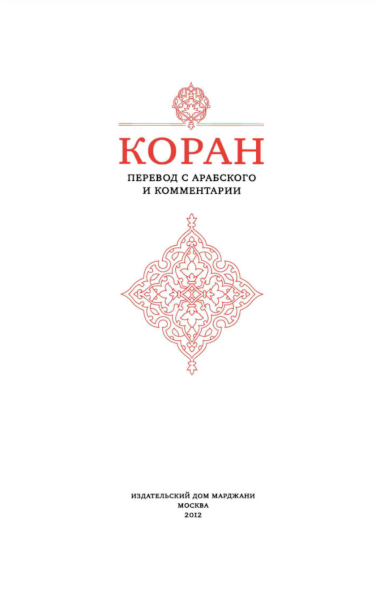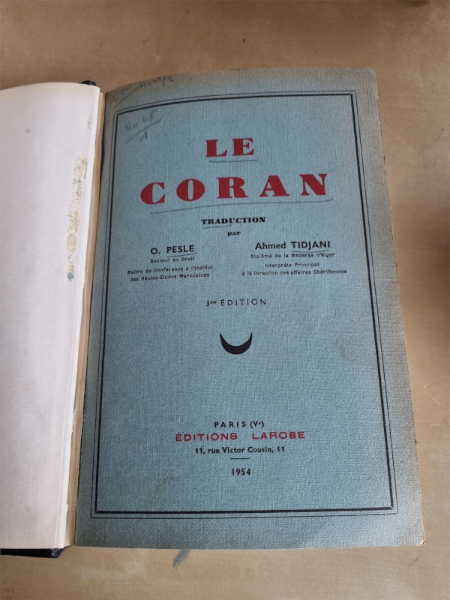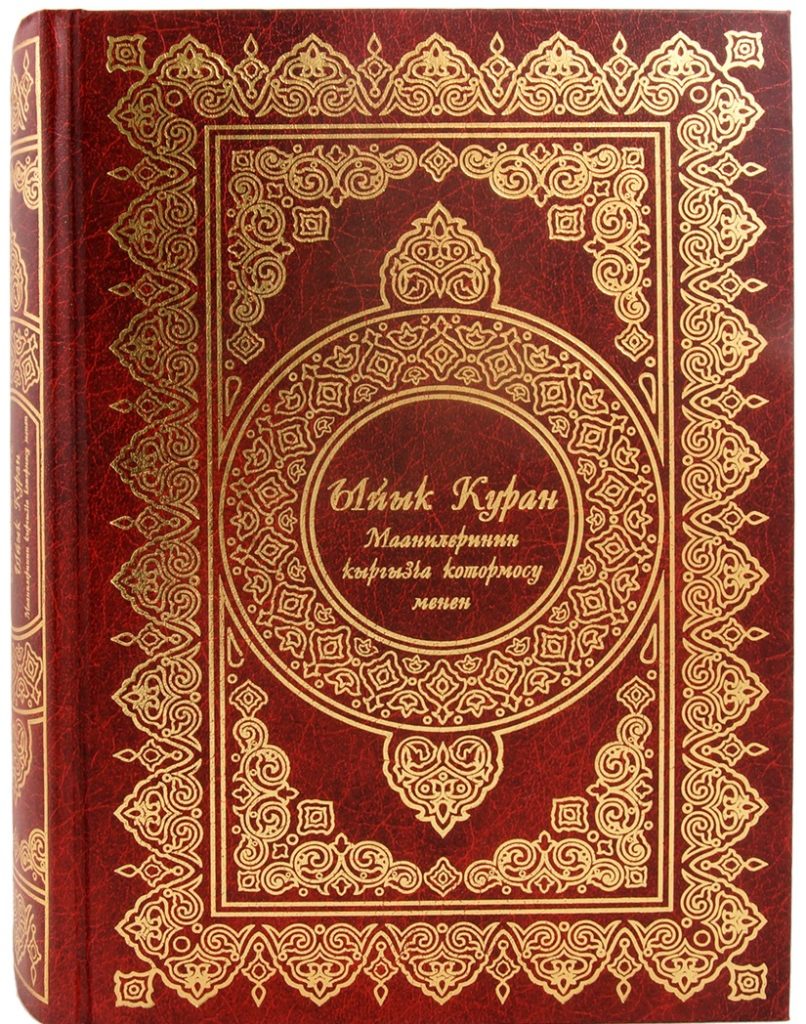Qur’an translation of the week #80: A Tunisian translator’s Qur’an with a French artist’s illuminations- Ameur Ghedira’s Le Coran (Lyon 1957)
In 1957, Ameur Ghedira (1926–?), Lecturer of Arabic at the University of Lyon, France, published a new Qur’an translation with illuminations by the French painter and illustrator Jean Gradassi (1907–1981). The edition was printed by a local publisher on vellum paper with a print run of 607 copies, including a number of particularly prestigious collectors’ …
